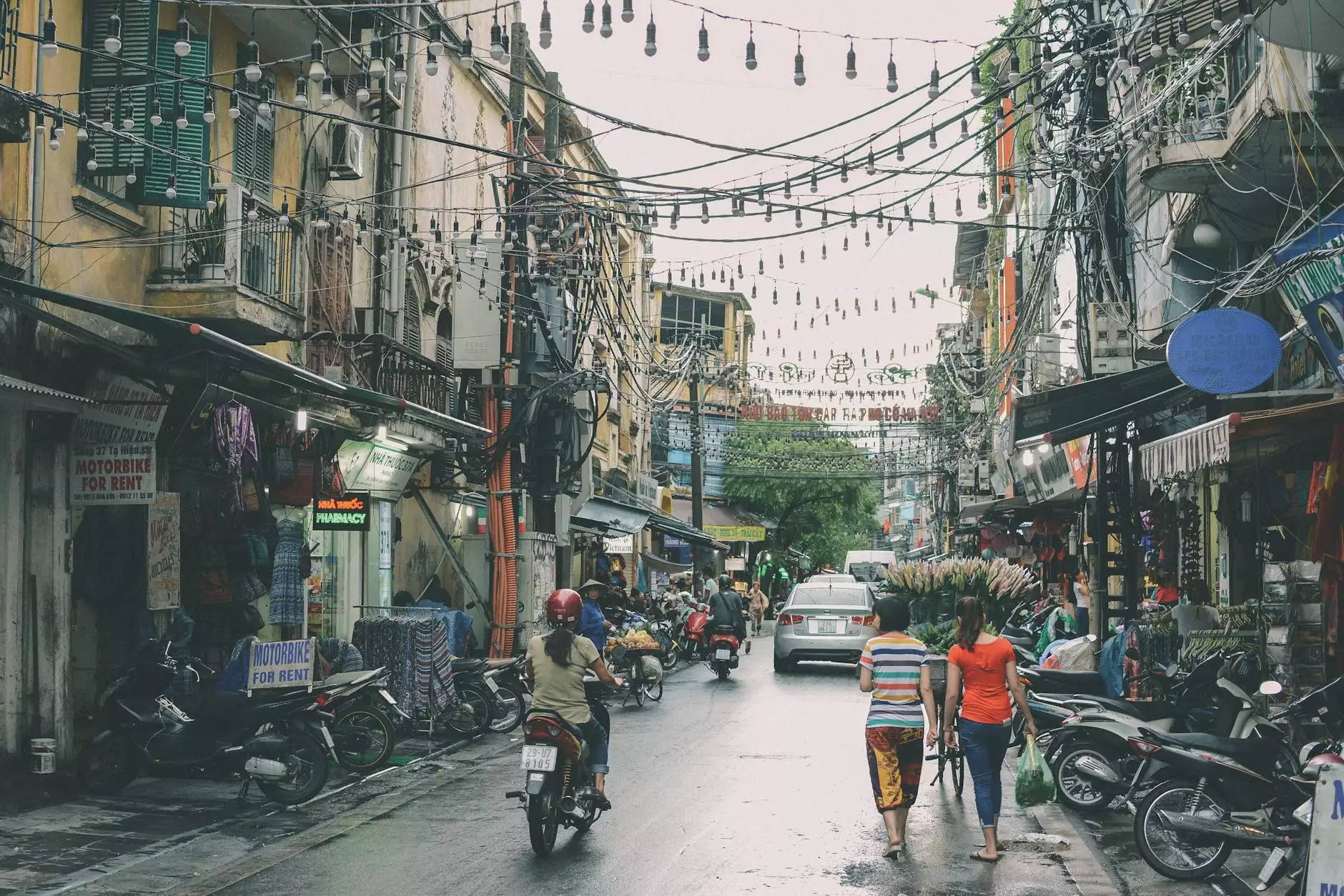The World of Fake Rijbewijs: Education and Driving Schools

When it comes to driving schools and the pursuit of a driver's license, authenticity is paramount. However, there are instances where individuals search for alternative solutions to obtaining a valid driver's license, leading them to explore the world of fake rijbewijs. While we do not endorse or support any illegal activities, it is essential to shed light on this topic due to its potential impact on education and the driving schools industry.
The Importance of Authentic Driver's Licenses
Driver's licenses serve as an official document that signifies an individual's capability to drive a vehicle legally. Obtaining a driver's license involves undergoing rigorous training, theoretical examinations, and practical tests to ensure road safety and responsible driving practices. Genuine licenses instill confidence in both the driver and the relevant authorities, ensuring a sense of security on the roads.
The Phenomenon of Fake Rijbewijs
Unfortunately, some individuals may resort to acquiring a fake rijbewijs, or fake driver's license, for various reasons. These licenses are designed to mimic the appearance of genuine ones but lack the necessary legal validation. While it may seem like a quick and easy solution, it is important to understand the repercussions and risks associated with using fake documents.
The Risks and Legal Consequences
Using a fake rijbewijs can have severe legal consequences. If caught, individuals may face hefty fines, suspension of their driving privileges, and in some cases, even criminal charges. Furthermore, driving without a valid driver's license poses a significant risk to oneself and others on the road, as individuals may lack the essential knowledge and skills required to drive safely.
The Impact on Education and Driving Schools
Education is the foundation for responsible driving practices. Legitimate driving schools invest in trained instructors, comprehensive curriculum, and equipment to provide learners with the necessary skills and knowledge to become responsible and safe drivers. The existence of fake rijbewijs undermines the efforts of genuine driving schools by diminishing the credibility of their certifications and diluting the skills acquired through proper training.
Moreover, the prevalence of fake rijbewijs distorts the market by promoting unfair competition. Legitimate driving schools may struggle to attract students if individuals can obtain fake licenses without undergoing official training. This not only hampers the growth of genuine businesses but also compromises overall road safety.
Strategies to Combat Fake Rijbewijs
In order to mitigate the impact of fake rijbewijs, it is crucial for driving schools, regulatory bodies, and law enforcement agencies to work together effectively. Some strategies that can be implemented include:
- Enhanced Document Security: Developing advanced security features for driver's licenses to make it more challenging to counterfeit.
- Strengthened Training Standards: Ensuring stricter regulations and improved training standards for driving schools to maintain the integrity of the driver's license certification process.
- Public Awareness Campaigns: Educating the public about the dangers and consequences associated with fake rijbewijs through comprehensive awareness programs.
- Strict Law Enforcement: Implementing measures to detect and penalize individuals involved in the production and usage of fake driver's licenses.
Choosing Legitimate Driving Schools
In a world where fake rijbewijs exists, it is essential for individuals to make informed decisions when choosing a driving school. By selecting a legitimate and accredited institution, prospective drivers can ensure that they receive quality training, recognized certifications, and the necessary skills to become responsible drivers.
Key Factors to Consider
When evaluating potential driving schools, it is important to consider the following factors:
- Accreditation: Ensure that the driving school is recognized by the appropriate regulatory bodies.
- Instructors: Look for qualified and experienced instructors who can provide comprehensive training.
- Curriculum: Assess the curriculum to ensure it covers all essential theoretical and practical aspects of driving.
- Facilities and Equipment: Check if the driving school has proper facilities and up-to-date training vehicles to enhance the learning experience.
- Reviews and Reputation: Read reviews and consider the reputation of the driving school within the local community.
By conducting thorough research and due diligence, prospective drivers can select a driving school that ensures their journey towards obtaining a legitimate driver's license is both safe and reliable.
Conclusion
Fake rijbewijs is a concerning phenomenon that impacts education and the driving schools industry. While it is crucial to acknowledge its existence, it is equally important to emphasize the risks and consequences associated with using counterfeit driver's licenses. By promoting public awareness, implementing stricter regulations, and choosing legitimate driving schools, we can collectively combat the issue and foster responsible driving practices for the safety of all road users.









